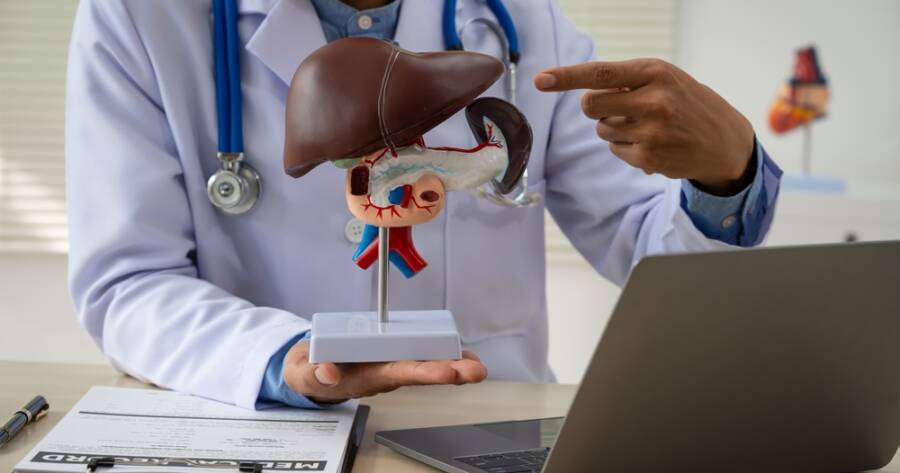Non-alcoholic fatty liver disease (NAFLD) is a condition where excess fat accumulates in the liver without alcohol consumption being the cause. As one of the most common liver disorders, it can lead to more serious complications if left untreated. Recognizing the warning signs early can help manage the disease. With lifestyle changes and medical treatments, NAFLD is manageable, and early intervention can prevent further liver damage.
What is Non-Alcoholic Fatty Liver Disease (NAFLD)?
Non-alcoholic fatty liver disease (NAFLD) refers to the accumulation of excess fat in the liver cells that isn’t related to alcohol consumption. This condition can range from simple fatty liver, where there is no liver damage, to non-alcoholic steatohepatitis (NASH), which involves inflammation and potential liver scarring.
NAFLD is most common in people who are overweight, have diabetes, or suffer from high cholesterol, though it can affect anyone. The disease often develops silently, showing no symptoms in its early stages. If left untreated, it can lead to more severe liver conditions, including cirrhosis and liver failure. NAFLD is a growing concern, as it is linked to metabolic syndrome and can increase the risk of heart disease and diabetes.
Warning Signs of Non-Alcoholic Fatty Liver Disease
NAFLD often progresses without noticeable symptoms, especially in the early stages. However, as the condition worsens, certain warning signs may become apparent. These can include fatigue, pain or discomfort in the upper right abdomen, and unexplained weight loss. In some cases, individuals may experience jaundice, a yellowing of the skin or eyes, or dark urine.
Additionally, individuals with NAFLD may develop symptoms of metabolic syndrome, such as high blood pressure, elevated blood sugar, and abnormal cholesterol levels. Because these symptoms can be vague or mistaken for other conditions, it is important to see a healthcare provider for a proper diagnosis if you suspect you may be at risk.
Treatment Options for Non-Alcoholic Fatty Liver Disease
Currently, there are no specific medications approved to treat NAFLD or NASH, but managing the condition typically involves healthy lifestyle changes. The primary approach includes weight loss, which can significantly reduce fat in the liver and improve liver function. A balanced diet rich in fruits, vegetables, and whole grains, coupled with regular exercise, is essential for managing NAFLD.
For individuals with diabetes or high cholesterol, controlling blood sugar and lipid levels is crucial. In some cases, medications to manage these underlying conditions may also help. For more advanced stages of the disease, such as NASH or cirrhosis, medical intervention, including anti-inflammatory drugs or even a liver transplant, may be required.
Preventing Non-Alcoholic Fatty Liver Disease
Prevention of NAFLD primarily involves maintaining a healthy lifestyle. Eating a balanced diet low in processed foods, sugars, and unhealthy fats is key to preventing fat accumulation in the liver. Regular physical activity, including aerobic and strength training exercises, can help maintain a healthy weight and improve insulin sensitivity, reducing the risk of developing NAFLD.
Limiting alcohol consumption, even though it’s not the direct cause of the disease, can further support liver health. Regular checkups with a healthcare provider are essential for monitoring liver health, especially for those with risk factors such as obesity, diabetes, and high cholesterol. Early intervention is crucial for preventing the progression of the disease.
Take Charge of Your Liver Health
Non-alcoholic fatty liver disease may not show immediate symptoms, but recognizing the warning signs and taking proactive steps can make a significant difference in managing the condition. By adopting healthy lifestyle habits such as maintaining a balanced diet, regular exercise, and managing underlying health conditions, you can greatly reduce the risk of NAFLD progressing to more severe liver damage.
Early intervention is key to preserving liver function and overall well-being. If you suspect you may be at risk, consult with your healthcare provider to take the necessary steps toward a healthier liver and a healthier life.





